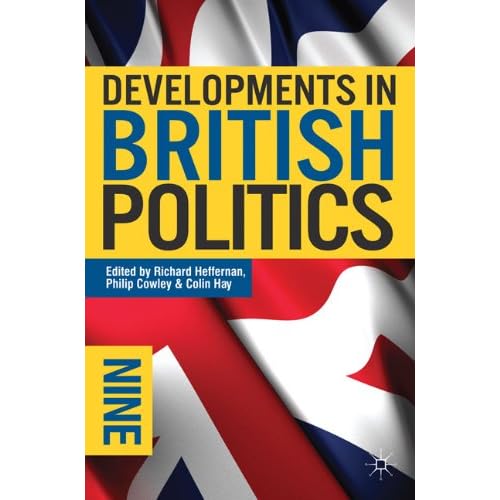You have devoted your life to creating a great empire, one that stretches around the world and wields influence over politics and culture in a number of countries. Decades of criticism and conspiracy about the pernicious effects of your empire only testify to your importance. You have groomed your successors and shaped the climate they will work within. Biographers will not be able to knock the magnitude of your achievements. Your story is written. You are legendary, a mythical figure in your lifetime, hated, loved, known. So imagine the agony of losing this reputation in a single act and finding that all you built can be swept swiftly away. Instead of being remembered as a great empire builder you’ll be remembered for a single, tawdry episode. The horror!
International relations is full of leaders and legends who achieved much but will be remembered for a totally different and humiliating reason. The Spanish novelist Javier Marias calls this narrative horror:
Its what we call “vergüenza torera”, literally, “a bullfighter’s sense of shame” … Because bullfighters, of course, have loads of witnesses, a whole arena full, plus sometimes a TV audience of millions, so it’s perfectly understandable that they should think: “I’d rather leave here with a ruptured femoral artery or dead than be thought a coward in the presence of all these people who will go on to talk about it endlessly and for ever.” Bullfighters fear narrative horror like the plague, that final defining wrong move, they really care about how their lives end.
And ‘it’s the same with … almost any other public figure’ – the retired pop star whose paedophilia is suddenly and definitively public, the movie star whose career is eclipsed by a racist outburst or car chase, the president whose eight years in office will be remembered for a misplaced cigar, the international office holder for whom a graphic accusation of rape is never exorcised from the public mind.
It is these single tawdry episodes that Marias writes of, but I wonder if narrative horror is looming for Rupert Murdoch. There are many hoping that we are at the beginning of a chain reaction episode that will bring the downfall of his News International business and potentially his wider News Corps empire in the US, Australia and Asia. It seems the editors and journalists of his UK newspapers operated an institutionalized practice of bribing police and hacking into the voicemails of anyone newsworthy, including murdered schoolchildren and dead soldiers, not to say the sitting Prime Minister’s bank account and the medical records of his ill children. The ingenious practices that have made his UK newspapers so successful became – inside a week – the disgusting practices that force him to start shutting those newspapers down. His bid to take over the pay-TV operator BSkyB is now opposed by all parties. Such a twist in the larger tale of his empire-building can only be a blow to Murdoch’s pride.
If this has happened in other countries, a new mythology will quickly form, especially as these practices have long been suspected. The troubling links in the UK between News International and the current Prime Minister’s choice of press officers raises questions about a new iron triangle of press, police and political leaders that exerts control of public information that could be replicated anywhere institutional arrangements allow. Murdoch failed to contain the crisis in the UK, now he must fear contagion. The sense of narrative horror must be setting in.
Under this pressure, will Murdoch say or do something that will obliterate his life story so far? We might think this unlikely – he’s too smooth an operator, too experienced, and his reporters know where everyone’s bodies are buried. But Marias’ point is that you cannot know your own face tomorrow – what you are capable of, and how you will look to others. We have a parallel, private or theoretical self who could break through any moment and ruin all our hard work and public reputation. How far will this go and how will he react? Parliament has called for him to give evidence next week.
One of the most enjoyable aspects of politics is that the decisions leaders make aren’t fully explained by their rational reading of structural forces or immediate conditions. Life intervenes: character and psychology, personal glory and horror, boldness and panic. So I’ll call this Narrative Horror #1 and invite contributions about other leaders who lost it all – or who found a way out.




